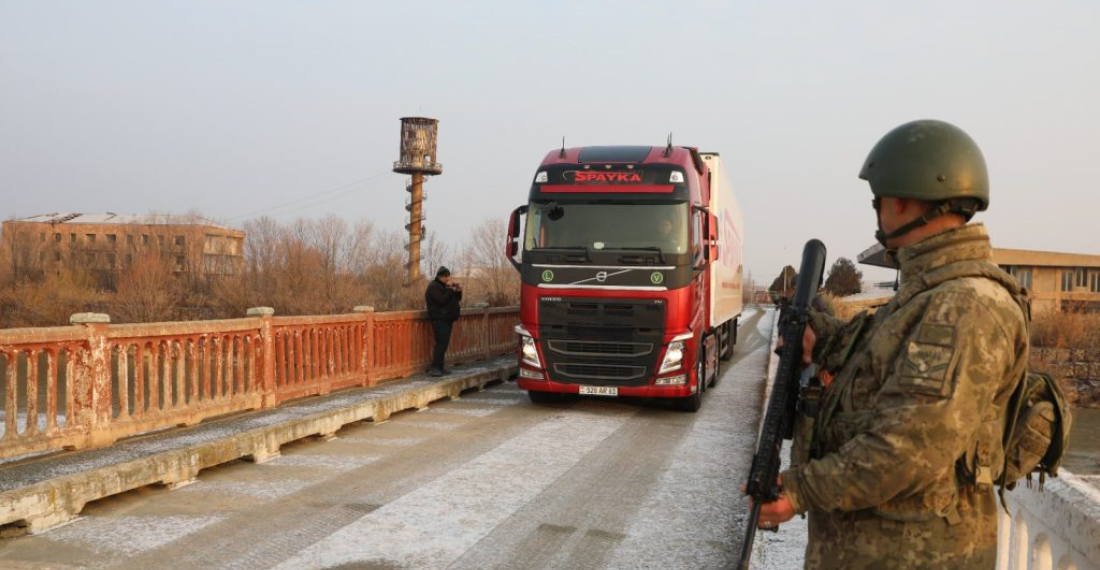The Armenian Foreign Minister Ararat Mirzoyan announced on Friday (24 March) that Armenia and Turkey have agreed to open their land border, closed for some three decades, "before the start of this year's tourist season".
Speaking at a session of the Foreign Relations Committee of the National Assembly of Armenia, Mirzoyan said, "we reaffirmed with the Minister of Foreign Affairs of Turkey the readiness to open the Armenian-Turkish border for citizens of third countries and persons with diplomatic passports before the start of this year's tourist season."
On Wednesday (22 March), Armenia's Territorial Administration and Infrastructure Minister Gnel Sanosyan announced that repairing the 29km section of the Armavir-Gyumri road bordering Turkey will be accelerated in 2023, adding that repair work will resume soon as soon as the weather conditions become favourable.
"We must week regional balance and peace," says Armenian President Khachaturyan
Speaking following Mirzoyan's announcement to the Italian newspaper la Repubblica, the President of Armenia Vahagn Khachaturyan expressed his support for normalising relations with Turkey.
"We want to have good-neighbourly relations with our neighbours, that’s why our government has embarked on the path of normalising relations with Turkey. I am glad that after so many years we’ve resumed dialogue with Ankara. We must look to the future and understand what kind of a region we want to leave for our children. We must seek regional balance and peace, not war," he added.
Turkey-Armenia relations slowly normalising, but tensions remain
Although Turkey and Armenia recognise each other and the countries have attempted to normalise relations over the past two years, they still do not have formal diplomatic ties and disagreements on a number of issues persist.
In late 2021, Yerevan and Ankara appointed special envoys for talks to fully restore ties "without preconditions", marking the first direct negotiations between Armenian and Turkish officials in over a decade. In February 2022, direct commercial flights between Armenia and Turkey also resumed after a two-year hiatus.
Then, in July 2022, Turkish and Armenian officials agreed to open the land border for third-country citizens visiting both countries as soon as possible, but changes on the ground did not immediately materialise.
However, following the devastating magnitude 7.8 earthquake in Turkey and Syria on 6 February, the Turkey-Armenia border did open to allow a number of Armenian aid convoys pass through in a small but hugely significant and symbolic moment in the normalisation process between the two countries.






